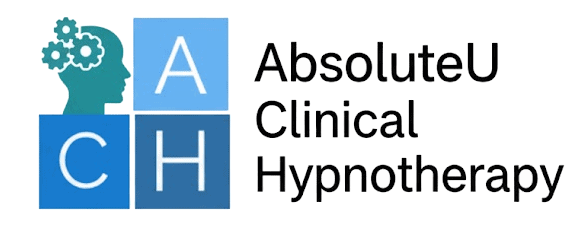Anxiety and Depression, Selena Gomez Speaks Out
Anxiety and depression are two of the most common mental health challenges in the modern world, yet they are still surrounded by silence and misunderstanding.
They can make you feel trapped, disconnected, and uncertain about where to turn. On the surface, you might appear calm and capable, but inside you may be struggling to simply keep going. The truth is, millions of people live with anxiety and depression every single day. You are not alone, and recognising that can be the first small step towards healing.

Picture your local supermarket on a busy afternoon. People are chatting, comparing prices, and getting on with their day. It all looks so normal. Hidden in plain sight are many who are quietly battling anxiety and depression. Some are barely holding it together. Others have become so skilled at masking how they feel that even close friends might not realise how hard they are working just to appear okay. Talking about anxiety and depression openly begins to reduce the distance between how you feel inside and how you appear on the outside.
Hidden Struggles in Everyday Life
In a culture that celebrates positivity and success, it is easy to feel like there is no room for vulnerability. Many people fear being judged or dismissed, so they hide how they really feel. Anxiety and depression often thrive in that silence. When feelings are bottled up, emotions become heavier, and the gap between who you are and how you present can grow painfully wide. Naming anxiety and depression in everyday conversation helps remove stigma and invites understanding.
Small, compassionate steps make a difference. Speaking to a trusted friend, taking a daily walk, or creating a short evening routine can ease pressure. None of these steps are a cure on their own, yet they start to rebuild safety and steadiness around anxiety and depression.
Breaking the Stigma
Public honesty about mental health helps dismantle the stigma that still surrounds anxiety and depression. When international star Selena Gomez spoke about taking time away from her career to focus on recovery, her words resonated globally. She reminded everyone that fame and success do not protect you from emotional pain. Her openness showed that acknowledging anxiety and depression is not weakness, it is strength.
Stories like hers validate experience and encourage others to reach out. The more we normalise open discussion, the easier it becomes to find support and make recovery feel possible.
Understanding the Mind Body Connection
Have you noticed how one small thought can change how you feel physically. Remember an awkward moment, and your chest tightens. Worry about the future, and your stomach churns. Logically, you might know the thought is not true, yet your body reacts as if it is. This happens because the subconscious mind responds to emotion more readily than logic. In anxiety and depression, that internal alarm can become overactive, keeping you in constant alert and draining energy.
Recognising this connection is empowering. It reframes anxiety and depression as learned patterns that the mind and body can unlearn through consistent, compassionate practice.
How Hypnotherapy Can Help
Hypnotherapy offers a gentle, practical way to calm this overactive system and help the mind relearn balance. It works by communicating directly with the subconscious, the part that stores emotional patterns, habits, and automatic responses. Through relaxation and guided suggestion, hypnotherapy helps replace fear based reactions with calmer, more rational ones.
Think of it as updating your internal settings. Instead of automatically reacting with panic or despair, your mind begins to respond with steadiness and perspective. Over time, this helps break the cycle of anxiety and depression and restores a sense of calm control.
Reconnecting with Calm and Confidence
As the mind begins to feel safer, the body relaxes too. Physical symptoms such as sweating, a racing heartbeat, or shortness of breath gradually reduce. When calm becomes a learned response, daily life feels lighter and more manageable. In depression, hypnotherapy helps redirect attention towards hope, curiosity, and motivation. You begin to rediscover self worth and confidence while gently reducing the intensity of anxiety and depression.
Every time new thought patterns are practised under hypnosis, the brain strengthens them. This process, called neuroplasticity, allows new habits of calm and self belief to form, making improvements feel natural and lasting.
Realising You Are Not Alone
Perhaps the most important step in overcoming anxiety and depression is realising that you do not have to do it alone. Asking for help is a sign of courage, not failure. Whether through therapy, hypnotherapy, trusted friends, or support groups, recovery often begins with connection. When you speak about what is happening inside, the feelings that once seemed unbearable start to lose their power. Others understand more than you think, and healing becomes possible.
Creating a Future Beyond Anxiety and Depression
Living with anxiety and depression can make the future feel foggy or unreachable. Yet within you is the same mind that creates imagination, creativity, and strength. Hypnotherapy helps you reconnect with that inner resource. By working with the subconscious, you can reprogramme how you think and feel, building a more peaceful, hopeful mindset. The goal is not to become someone else but to rediscover the version of yourself that anxiety and depression have hidden, a version that feels safe, capable, and connected again.
Selena Gomez’s openness reminds us that healing is possible, no matter who you are. When you share your truth, you give others permission to do the same. Anxiety and depression may be part of your story today, but they do not define who you are or who you can become.

